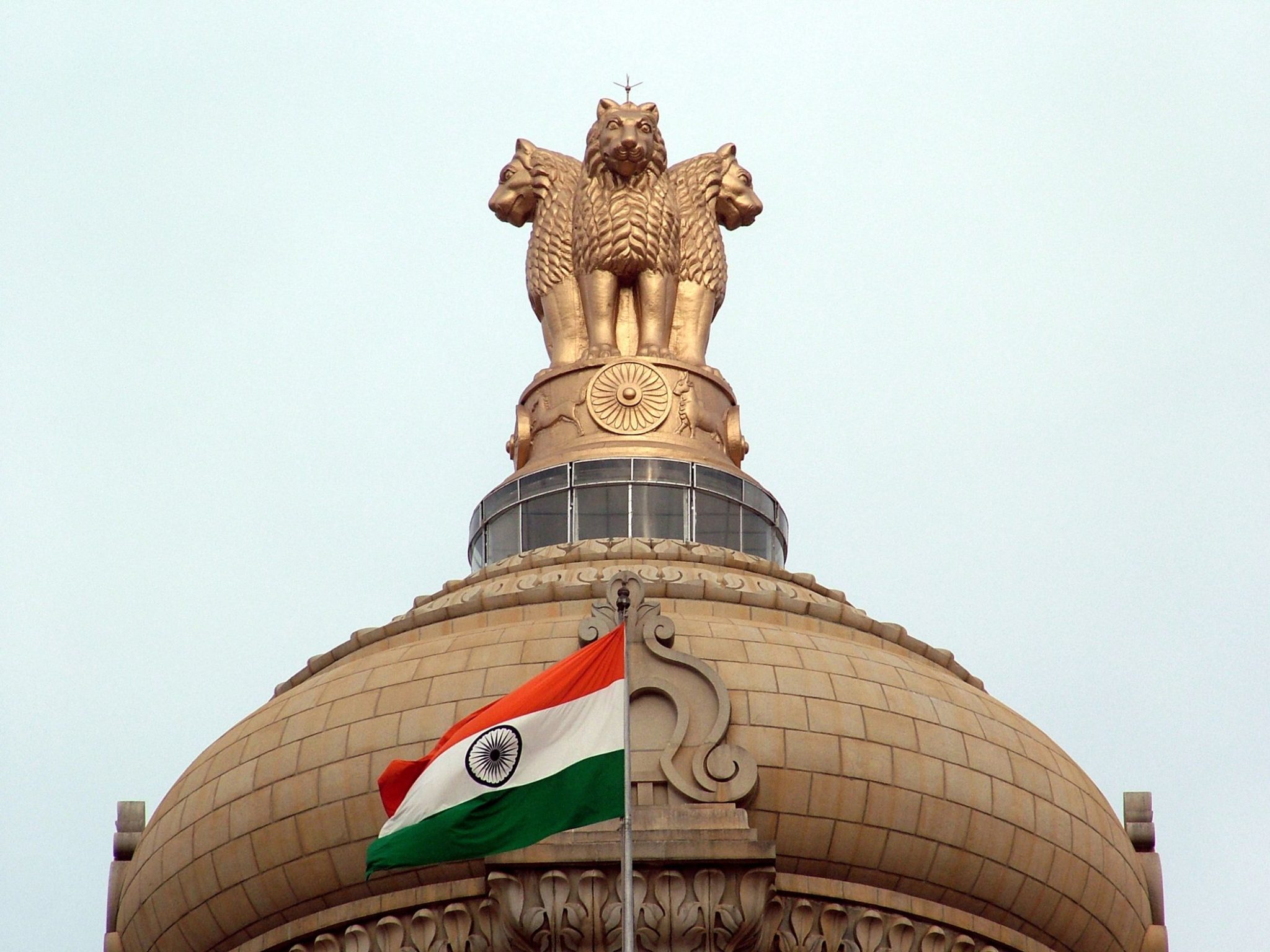Introduction:
The Constituent Assembly of Jammu and Kashmir after its establishment, was empowered to recommend the articles of the Indian Constitution that should be applied to the state or to abrogate the Article 370 altogether. Later on, the Jammu and Kashmir constituent Assembly prepared the state constitution and without recommending the abrogation of Article 370, it dissolved itself. So, the article 370 was deemed to have a permanent feature of the Indian Constitution.
Features:
Article 370, along with Article 35A, defined that the Jammu and Kashmir state's residents would live under a separate set of laws, including those related to citizenship, ownership of property and fundamental rights, as compared to residents of other Indian states. As a result of this provision, Indian citizens from other states could not purchase land and immovable property in Jammu and Kashmir.
Amendment:
On 5 August 2019, the President of India, Ram Nath Kovind issued a presidential order, whereby all the provisions of the Indian Constitution will also be applying to the state without any special provisions. It means, the Jammu and Kashmir state's separate constitution will stand inoperative, including the privileges sanctioned by the Article 35 A.
President Ram Nath Kovind also issued a constitutional order by superseding the 1954 order and by making all the provisions of the Indian Constitution applicable to Jammu and Kashmir based on the resolution passed in both houses of the parliament.
Conclusion: the Jammu and Kashmir Reorganization Act was passed by the Parliament, enacting the division of Jammu and Kashmir into two union territories- the Union Territories of Jammu and Kashmir and the Union Territory of Ladakh.

